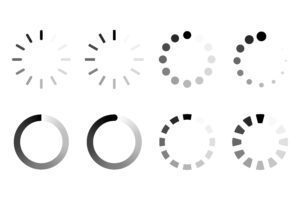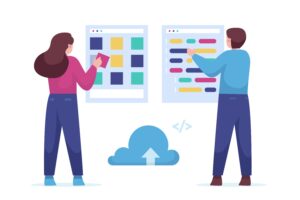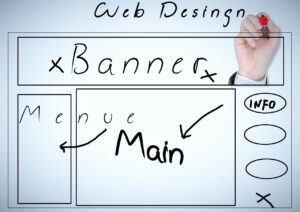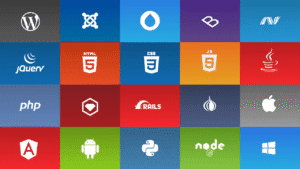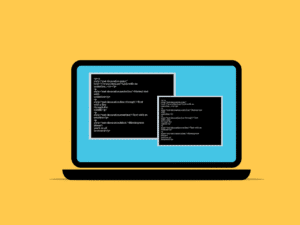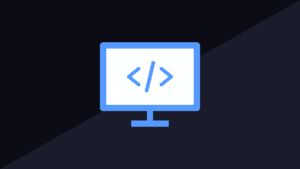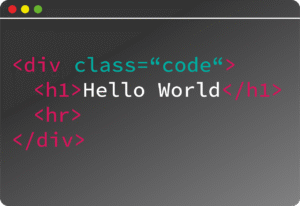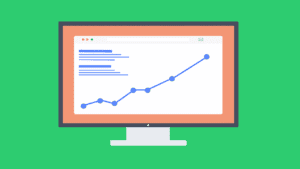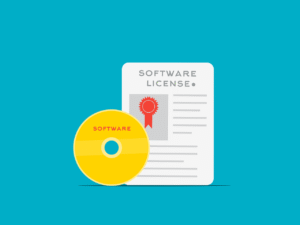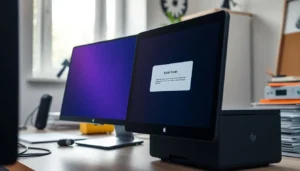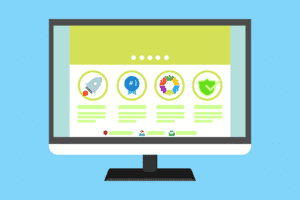So yeah, I’ve been thinking a lot about where web development is heading. Not in the “buzzwordy LinkedIn post” kind of way, but more like… what does it actually look like if you’re the one building things?
The short version? Things are changing — fast in web development— but also weirdly staying the same. Let me explain.
AI Tools Are Cool, But You Still Have to Know What You’re Doing
Everyone’s talking about AI like it’s going to replace developers tomorrow web development. Maybe in 10 years? But right now? Not really.
Sure, I use GitHub Copilot and ChatGPT and stuff like that. It saves time, no doubt. But I still end up rewriting half of what it gives me. It’s good for basic stuff, like boilerplate or regex you can’t be bothered to remember. But real-world projects web development? It still takes experience and actual thinking.
So yeah, it’s helpful. But it’s not magic.
Mobile Isn’t “Coming” – It’s Already the Default
I honestly can’t remember the last time I tested a site on desktop first. Phones are just where users live now. You kind of have to design with one hand tied behind your back — small screens, slow networks, distractions, thumbs instead of a mouse.
Everything needs to load fast, work offline if possible, and feel like an app. If your mobile nav sucks, users bounce. It’s brutal.
React Is Still Around… For Better or Worse
I’ve been using React forever. I like it. Mostly. But I gotta admit — it’s getting bloated. Between all the libraries, hooks, and weird state stuff, sometimes I miss just writing plain HTML, CSS, and JS.
Some of the newer frameworks (Svelte, Solid, etc.) feel snappier and more fun. But React’s got the momentum. Tons of jobs, massive community, and Next.js is kind of everywhere now.
So yeah, React’s still alive and well in 2026. But I’m hoping we see more lightweight options get mainstream love.
Backends Are Getting Invisible
I used to spin up EC2 instances and manage databases by hand. Now? Nah. Most stuff I build lives on platforms like Vercel or Supabase. Deploy in seconds, auth is built-in, database just works.
It’s not perfect, but honestly, it’s good enough for 90% of projects. Serverless stuff is everywhere, and edge functions are kind of sneaking in too. I haven’t touched a traditional VPS in ages.
Privacy Is Finally a Big Deal
It used to be something you “added later,” but now it’s front and center. People care. Laws are catching up. You can’t just throw random analytics scripts on your site and call it a day.
I’ve had to rethink how I build stuff. Less tracking, fewer cookies, more transparent UX. And honestly? It’s a good thing. It feels cleaner.
No-Code Isn’t a Joke Anymore
I used to laugh at no-code tools. Like, “what is this, Wix for grown-ups?” But these days? I use them. Sometimes a quick Webflow prototype or Notion-based site is all a client needs.
It doesn’t replace real development, but it fills in the gaps. Let’s you move fast when a full custom build would be overkill.
Wrap-Up
Look — web dev in 2026 isn’t that different. But it’s evolving. You’ve got AI helping out, backend stuff fading into the background, better tools, faster frameworks. At the same time, the fundamentals still matter: good design, fast performance, and solving actual problems.
If you’re learning to code right now, don’t stress about keeping up with everything. Just build stuff. Stay curious. The tools will change, but the thinking behind good web development? That sticks.
If this hits the tone you’re looking for, I can help you polish it for publishing, export it in any format, or tailor it to your brand or writing voice. Want it with a fake author bio too? Let me know.















